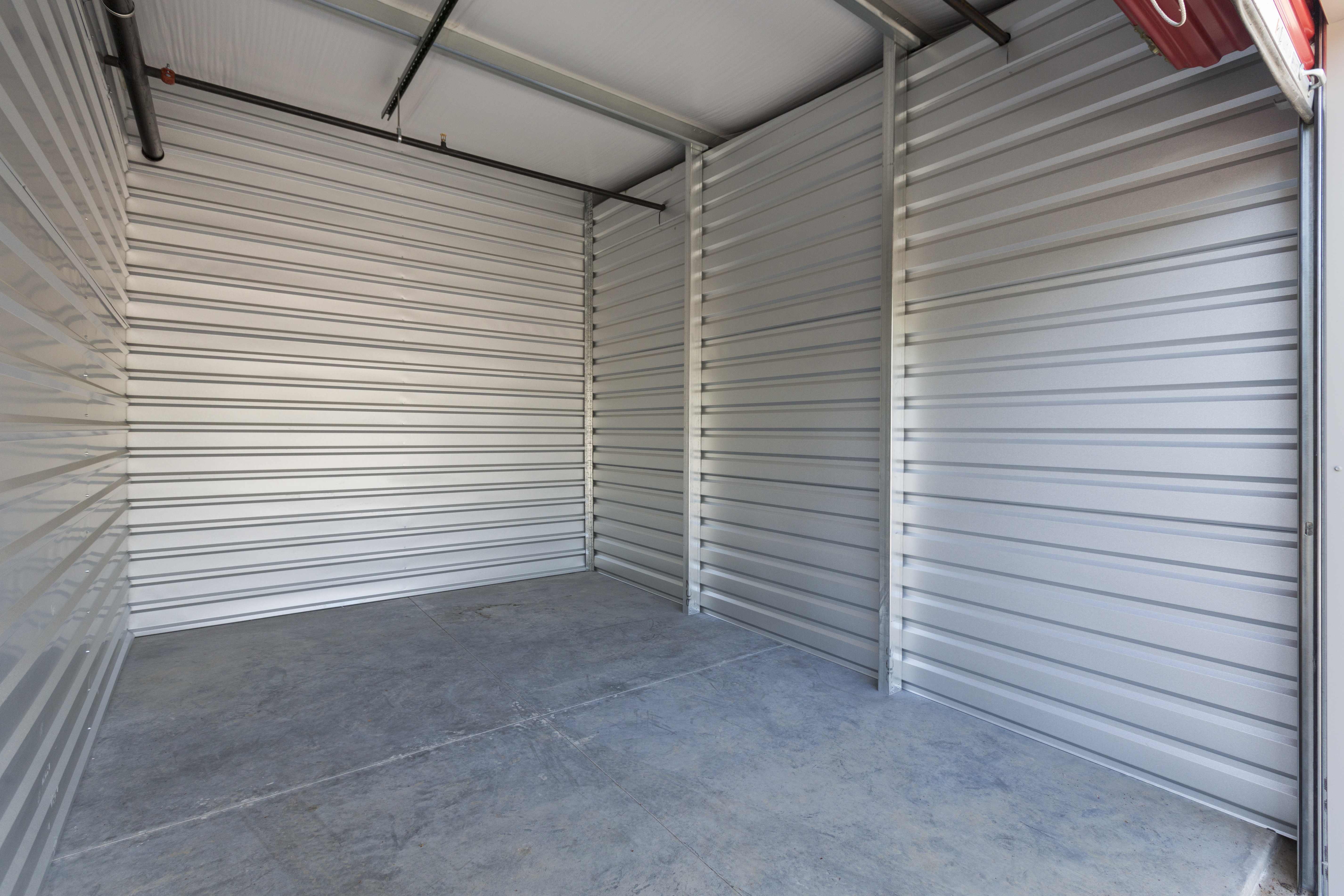Epoxy Resin Flooring Installation Guide
Epoxy resin flooring has become increasingly popular across residential, commercial, and industrial properties throughout the UK. This durable flooring solution combines aesthetic appeal with practical benefits, making it suitable for garages, warehouses, retail spaces, and even homes. Understanding the installation process, material options, and regional considerations can help property owners make informed decisions about this versatile flooring system.

What Makes Epoxy Resin for Flooring Effective
Epoxy resin for flooring consists of two main components: resin and hardener. When mixed together, these create a chemical reaction that forms a rigid plastic material with exceptional durability. The resulting surface exhibits high resistance to chemicals, moisture, and heavy foot traffic, making it ideal for demanding environments.
The installation process typically involves surface preparation, primer application, base coat installation, and finishing layers. Professional installers ensure proper mixing ratios and application techniques to achieve optimal adhesion and longevity. Temperature and humidity conditions during installation significantly impact the curing process and final quality.
Understanding Epoxy Resin Flooring Types
Epoxy resin flooring comes in various formulations designed for specific applications. Self-levelling epoxy creates smooth, seamless surfaces perfect for commercial kitchens and laboratories. Mortar-based systems incorporate aggregate materials for enhanced durability in heavy-duty industrial settings.
Decorative options include metallic epoxy that creates stunning visual effects and coloured systems that can match corporate branding or design preferences. Anti-slip additives can be incorporated for areas requiring enhanced safety, such as ramps or wet environments. Each type requires specific installation techniques and curing times.
External Resin Flooring Considerations
External resin flooring faces unique challenges including UV exposure, temperature fluctuations, and weather conditions. Specialised outdoor formulations include UV-stable resins that resist yellowing and chalking over time. These systems often incorporate flexible additives to accommodate thermal expansion and contraction.
Drainage considerations become crucial for external applications. Proper slope design and drainage channels prevent water accumulation that could compromise the flooring system. Surface texturing techniques provide slip resistance while maintaining easy cleaning and maintenance characteristics.
Flooring Resins Performance and Durability
Flooring resins vary significantly in their performance characteristics. Solvent-based systems typically offer superior chemical resistance but require more ventilation during installation. Water-based alternatives provide lower odour and faster return to service times while maintaining adequate performance for most applications.
Thickness requirements depend on expected traffic loads and substrate conditions. Thin-film systems work well for light commercial use, while thick-build applications suit heavy industrial environments. Professional assessment of substrate condition, traffic patterns, and environmental factors ensures appropriate system selection.
Resin Flooring Preston and Regional Variations
Resin flooring Preston installations reflect broader regional trends in the North West, where industrial heritage drives demand for durable commercial flooring solutions. Local climate conditions, including higher rainfall levels, influence installation timing and material selection for both internal and external applications.
Regional building codes and environmental regulations may affect material choices and installation procedures. Working with local contractors familiar with Preston’s specific requirements ensures compliance and optimal performance. Industrial zones around Preston often specify particular performance standards for chemical resistance and safety requirements.
| Service Provider | Services Offered | Coverage Area | Typical Cost Range |
|---|---|---|---|
| Industrial Flooring Specialists | Epoxy, polyurethane, decorative systems | North West England | £25-£60 per m² |
| Commercial Resin Solutions | Self-levelling, anti-slip, food-grade | Greater Manchester | £30-£80 per m² |
| Preston Floor Contractors | Residential, commercial, repair services | Lancashire region | £20-£50 per m² |
| Northwest Industrial Floors | Heavy-duty, chemical-resistant systems | North West England | £40-£100 per m² |
Prices, rates, or cost estimates mentioned in this article are based on the latest available information but may change over time. Independent research is advised before making financial decisions.
Installation Timeline and Process
Professional epoxy resin flooring installation typically requires several days to complete. Surface preparation, including grinding, shot blasting, or acid etching, ensures proper adhesion. This preparation phase often represents the most critical aspect of successful installation.
Application stages include primer coating, base layer installation, and topcoat application. Each layer requires specific curing times before the next can be applied. Environmental conditions such as temperature and humidity must remain within specified ranges throughout the process. Most systems achieve initial cure within 24-48 hours but reach full chemical resistance after seven days.
The installation process requires professional expertise to achieve optimal results. Proper mixing, application techniques, and timing ensure the flooring system meets performance expectations and warranty requirements. Quality control measures throughout installation prevent common issues such as poor adhesion, surface defects, or premature failure.
Selecting appropriate epoxy resin flooring requires careful consideration of application requirements, environmental conditions, and performance expectations. Professional assessment and installation ensure optimal results that provide years of reliable service across various commercial and residential applications.




